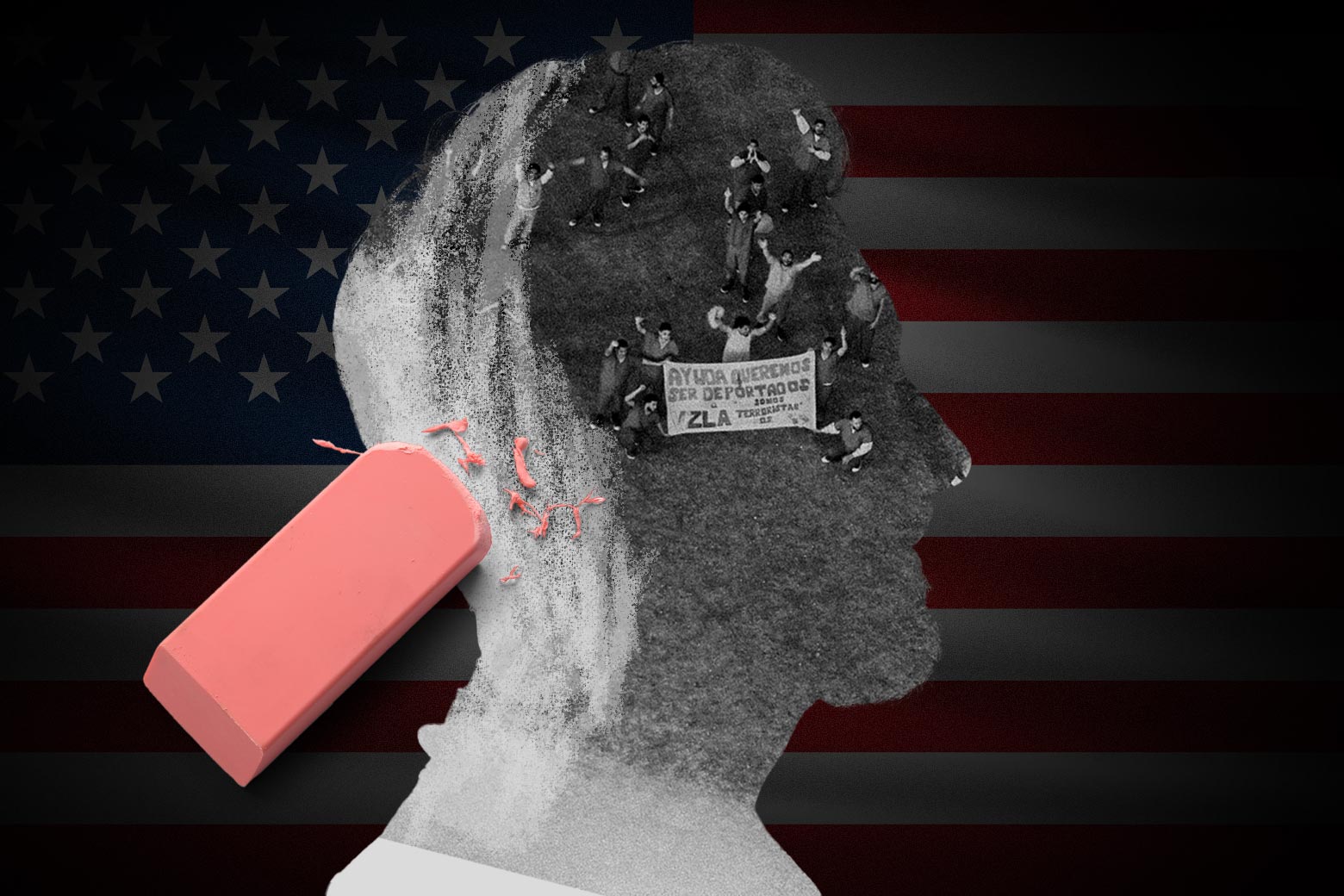The Empathy Drought: Understanding America’s Emotional Drain
Americans are experiencing a steep decline in empathy, according to recent studies, as economic instability, political polarization, and digital saturation erode emotional connections. Over the past decade, research shows a 40% drop in empathetic concern among U.S. adults, with younger generations hit hardest. Experts warn this “empathy drought” threatens social cohesion, mental health, and civic engagement. Here’s why compassion is fading—and how communities are fighting back.
The Rising Tide of Emotional Exhaustion
A 2023 study by the American Psychological Association reveals that 62% of adults feel too emotionally drained to engage empathetically with others—up from 45% in 2010. Chronic stressors like inflation, workplace burnout, and climate anxiety dominate daily life, leaving little mental bandwidth for compassion. “We’re seeing a perfect storm of societal pressures,” says Dr. Lisa Moreno, a social psychologist at Yale University. “When people struggle to meet basic needs, empathy becomes a luxury.”
Key factors driving this decline include:
- Digital overload: Average screen time has surged to 7 hours daily, replacing face-to-face interactions with shallow online engagement.
- Economic strain: 56% of Americans live paycheck to paycheck, fostering a survival mindset that sidelines communal concerns.
- Political division: Pew Research data shows 78% view opposing partisans as “threats,” dehumanizing ideological rivals.
How Technology Reshaped Human Connection
Neuroscience research highlights a troubling trend: MRI scans reveal that brain regions associated with empathy show less activation during digital versus in-person interactions. “Social media trains us to perform empathy through likes rather than practice it through action,” notes tech ethicist David Chen. Platforms optimized for outrage further erode patience and understanding—a 2022 MIT study found algorithmic content amplifies anger 3x faster than compassion.
Yet some communities counter this through:
- Digital detox initiatives: Schools in Vermont and Oregon now mandate “screen-free empathy hours” weekly.
- Gamified compassion apps: Tools like Empathify use AI to simulate emotional labor, building skills through practice.
The Generational Empathy Gap
Gen Z reports 34% lower empathy levels than Baby Boomers did at the same age, per UCLA’s longitudinal study. However, psychologists caution against labeling youth as uncaring. “Young people are redistributing empathy toward global issues like racial justice,” argues sociologist Dr. Amira Patel. “They’re less tolerant of performative sympathy but deeply invested in systemic change.”
Evidence supports this nuanced view:
- Gen Z volunteers at higher rates (45%) than Millennials (33%) did in their 20s.
- 79% of young activists cite “compassion fatigue” from constant exposure to suffering via news cycles.
Reversing the Empathy Drought: Proven Strategies
Successful interventions combine individual habits with structural reforms:
1. Workplace empathy training: Companies like Salesforce report 37% higher retention when managers complete compassion workshops. Google’s “Search Inside Yourself” program improved team collaboration scores by 28%.
2. Policy-level solutions: Portugal’s national empathy curriculum, introduced in 2021, reduced school bullying by 52%. U.S. legislators now debate similar measures.
3. Community “compassion circles”: Detroit’s neighborhood groups meet monthly to share struggles, rebuilding trust through vulnerability.
The Path Forward: Small Acts, Big Impact
While macro-level challenges persist, research confirms that daily micro-actions rebuild empathy muscles. A Harvard study found that just 10 minutes of active listening daily strengthens neural pathways for compassion within six weeks. “Start by noticing one person’s humanity each day—a barista, a rival driver,” suggests Dr. Moreno. “Empathy grows through consistent practice, not grand gestures.”
As America grapples with this emotional crisis, the stakes extend beyond individual well-being. History shows that societies thrive when compassion outpaces contention. The solution lies not in waiting for systems to change, but in choosing—moment by moment—to see each other fully again.
Ready to take action? Join the #21DayEmpathyChallenge by sharing one authentic connection daily on social media—tag three friends to spread the movement.
See more WebMD Network



